Highlights: Health concentration at the top worries me most; eight people owning more than the bottom 50 percent of the world's population is unsustainable in the long run; I believe in working towards three zeros - zero poverty, zero unemployment, and zero net carbon emission; The way to tackle unemployment and get people out of welfarism is to empower them and encourage entrepreneurship
Those who attended the recent Living Economies Expo came away energised and inspired to make change. The purpose of the event was to seed systemic change. The realisation that our systems are not working is fairly widespread: see the increasing coverage in our media of topics such as climate change, water quality, housing shortages, a failing health system, the growing divide between rich and poor, decrease in the diversity of species, questionable political leadership worldwide and of course the connector of all these issues – our current highly dysfunctional monetary system.
Highlights: it's important to tell the story; we need to get the community and people more involved; all new anchor projects will be inclusive, will appeal to everyone and everybody; Christchurch will be the city of future; we encourage diversity of thoughts at Otakaro; diversity of cultures and migrants have been great for New Zealand
Christchurch's rebuild after the 2011 earthquake got a major breakthrough last week with Regenerate Christchurch (RC) announcing Gerry Brownlee's - minister supporting Greater Christchurch Regeneration - approval for the company's approach for developing a Regeneration Plan for the Ōtākaro Avon River Corridor. RC is a new entity, established in 2016 to lead the regeneration of Christchurch including the central city, residential red zone and the eastern New Brighton.
"The Living Economies Expo is an event recognising the interconnection of all major global issues around the driving force of our dysfunctional debt-based money system. The event will showcase examples of people doing things differently, creating healthy solutions, demonstrating what is possible, what gives hope and direction to our communities and country. Through the momentum of this event we hope to seed systemic change," says Margaret Jefferies, member of the Living Economies Trust Board, the main organiser of the event. Jefferies is also the chairperson of Project Lyttelton.
These include penalty for failure to provide written employment agreements, failure to keep holiday and leave records and failure to keep wage and time records. "The respondent is to pay a penalty to the Crown in the sum of $25,000 in respect of three categories of breaches of minimum code requirements, plus $71.56 to the Labour Inspectorate as reimbursement of its Authority lodgement fee," said David Appleton, member of the Employment Relations Authority, in his judgement dated December 16, 2016.
New Zealand is benefitting from immigration a new report by The New Zealand Initiative says. It also found that the current immigration policy settings are broadly fit-for-purpose, but policymakers should be vigilant to ensure this remains the case.
Launched on January 30, The New New Zealanders: Why migrants make good Kiwis looks at the many people who are choosing to make New Zealand their home, and the effect they have on our society.
- he spoke to The Migrant Times after successfully organising the Bank's fourth Migrant Expo, held at the Vodafone Events Centre, Manukau, Auckland on November 5
Around 5,000 visitors attended the event, which started as a pilot three years ago. Last year, the event moved to Sky City and was organised as a family fun day with over 120 stalls.
Formed soon after the 2011 February earthquakes, the Community Language Information Network Group (CLING) has been serving the culturally and linguistically diverse (CALD) communities in Christchurch by communicating and disseminating information for the last half a decade.
The Canterbury Migrants Centre (CMC), earlier known as Christchurch Migrants Centre, has recently formally reviewed its operations, vision as well as the direction, and has restructured its modus operandi. George Clark, earlier the Chair of the Centre's Board and now the Managing trustee shared the reasons behind the changes.
Christchurch Mayor Lianne Dalziel, and her challenger John Minto (right), at the Mayoral Debate on "A Climate-Smart Christchurch". Held on September 22, the discussion was moderated by Catarina Gutierrez from the Ministry of Awesome. The event was organised by Generation Zero and 350 Christchurch.
HTG and social trends research company, Windshift, have just completed a major research project among migrants. "We spent 100 hours conducting in-home interviews as well as a national survey comparing NZ born and migrant New Zealanders. We found that migrants tend to be highly educated middle class people who are savvy consumers and well disposed towards New Zealand brands. Migrants are loyal to brands that clearly demonstrate they value migrants’ business. Sixty five percent are educated to degree level or above compared with just 36% of those that are New Zealand born. And 72% consider themselves financially stable or prospering, compared with 54% of New Zealand born," notes Windshift.
New Zealand is ageing fast, and with it is the increasing popularity of retirement villages. This has sparked a booming sector worth almost $9 billion with 130 operators, catering to over 10 percent of the over-75 age group nationwide.
The government’s new first-stop-shop product recall website has been embraced by consumers, claimed Commerce and Consumer Affairs Minister Paul Goldsmith recently. The site www.recalls.govt.nz went live in March this year. Since then 125 products have been recalled, and over 28,000 people have used the site to search, subscribe and keep safe by knowing which products may pose a safety risk, the Minister added.
Canterbury was put on the national map this weekend with the successful organisation of the first-ever Indian Women Expo in Christchurch. The six-hour long event, which had 47 stalls divided into nine zones, saw almost 1,000 people attending with several ministers and MPs including Amy Adams, Nicky Wagner, Parmjeet Parmar, and Ruth Dyson.
Geoff Bascand, Deputy Governor and Head of Operations at the Reserve Bank of New Zealand, in a speech delivered to Otago University in Dunedin few months back, explained in detail “how migration affects the economy”. He made some pertinent points, which persuaded this newspaper to report on what he explained. Interested readers may scan the QR code below to read his full speech.
Immigration New Zealand in collaboration with the Language in the Workplace Team, School of Linguistics & Applied Language Studies, Victoria University of Wellington, has developed a web tool to help workplace communication challenges and improve communication between NZ employers, managers and their new migrant employees from other cultures.
With Christchurch and Wellington city councils crossing the million mark; Auckland and Marlborough's touching 400,000 dollars; followed by Hawke's Bay and Hamilton city councils spending close to $300,000; it's time for some clear-cut guidelines on how tax-payers money is spend by councils on their website redevelopment

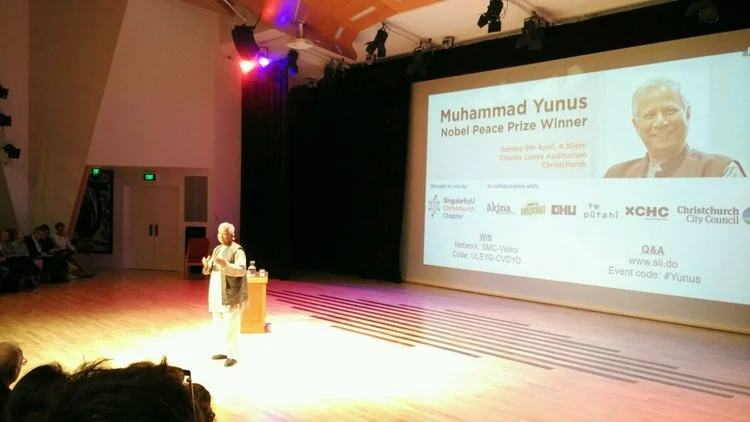
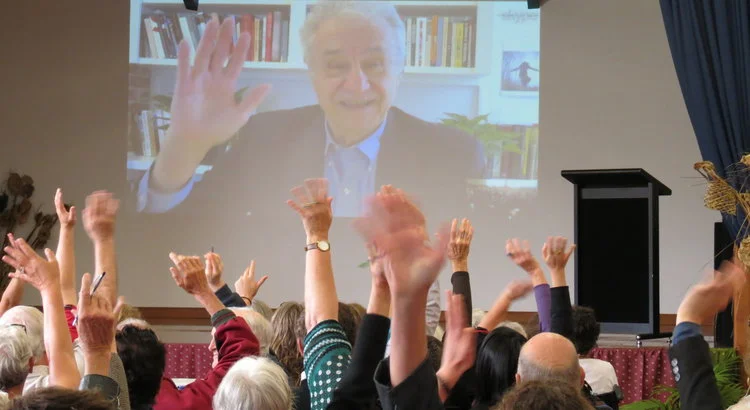



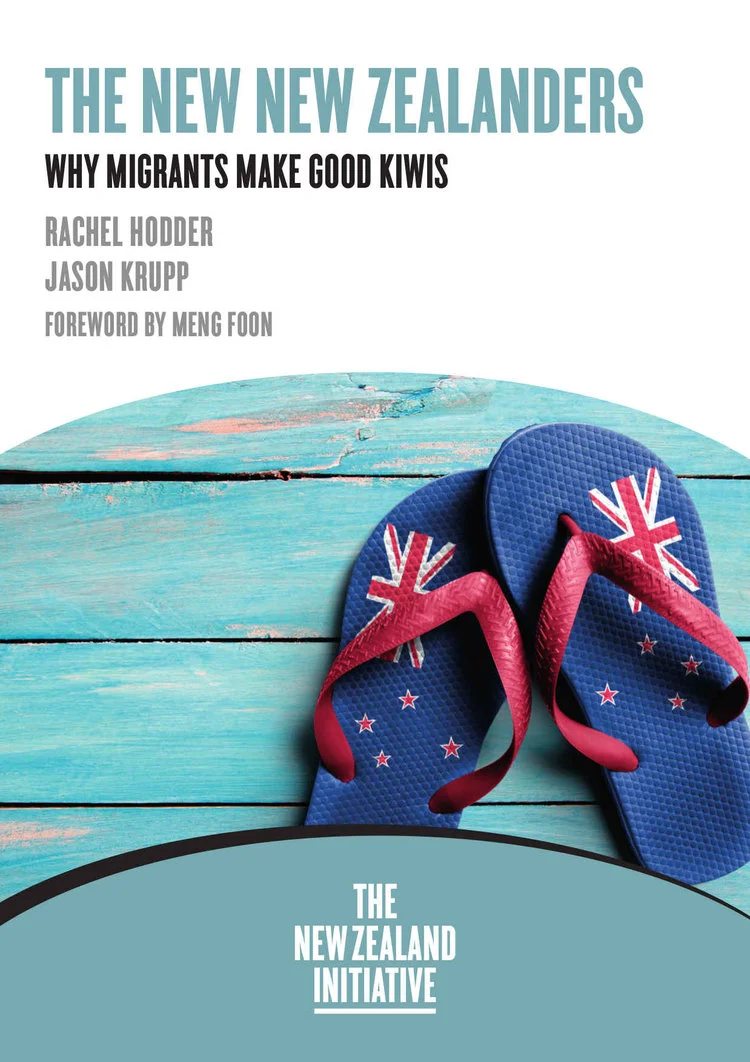
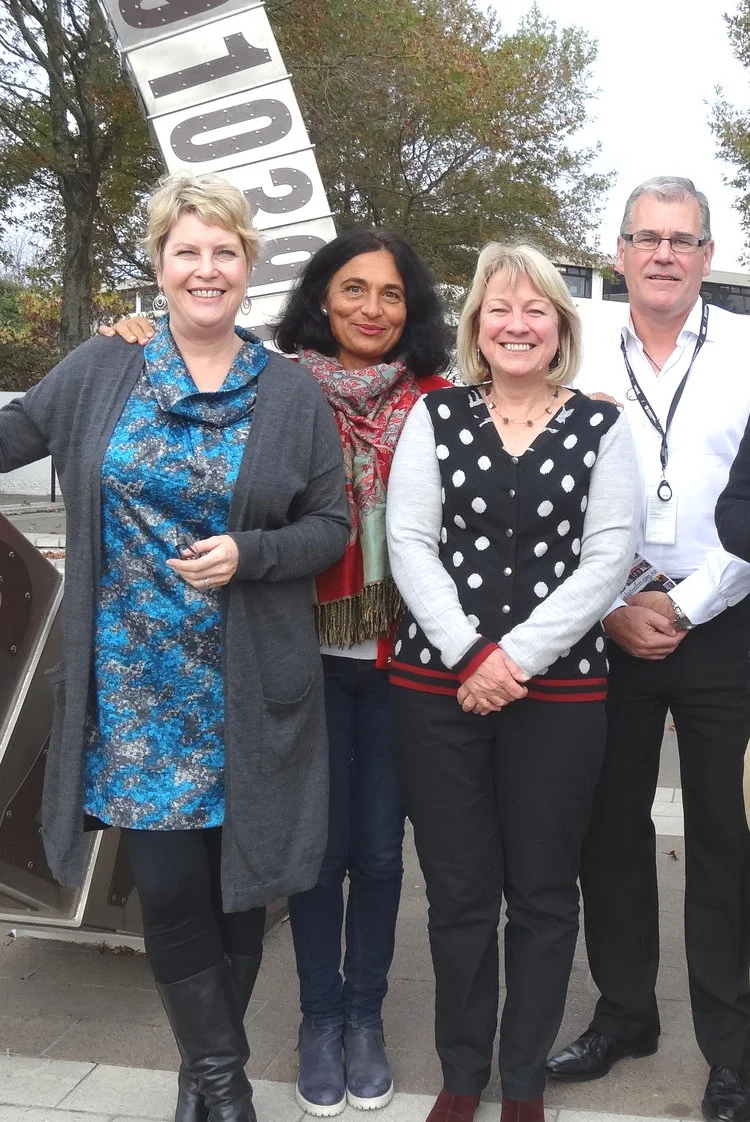
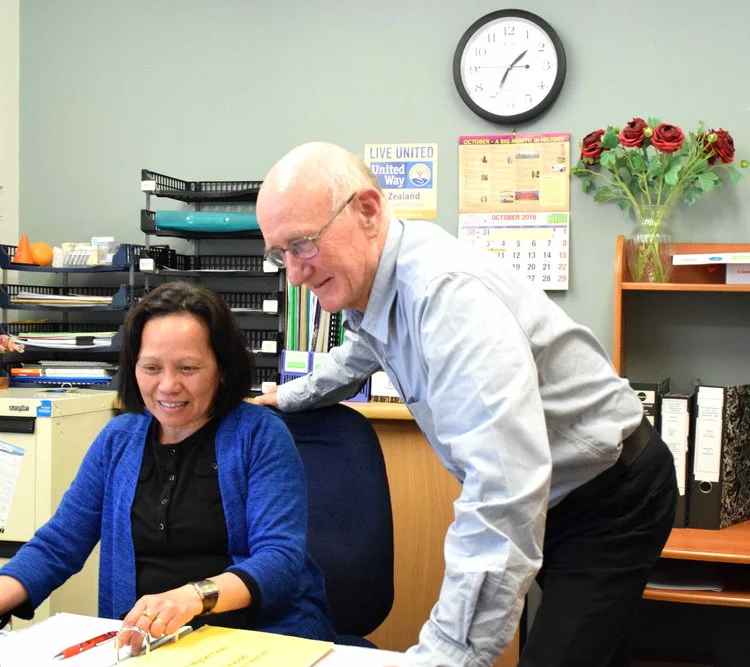



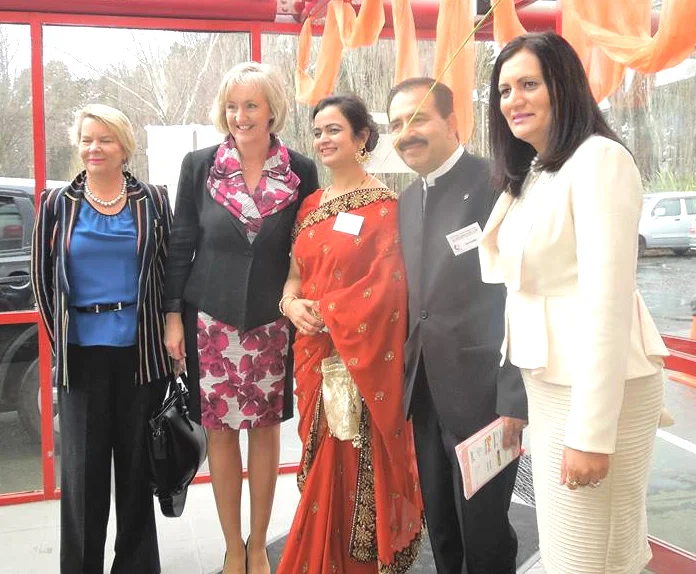






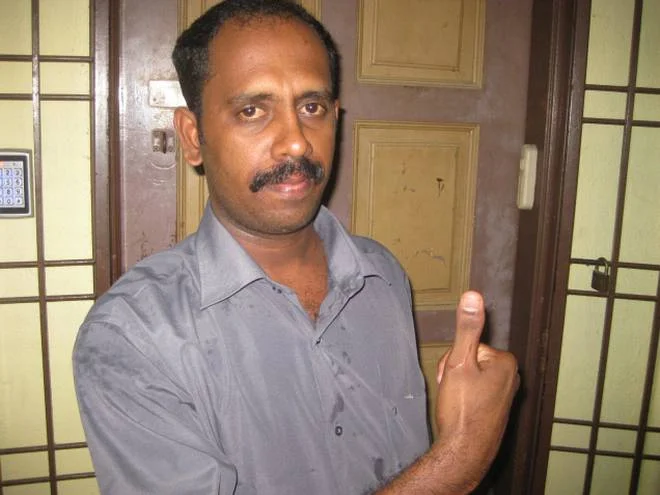

With more migrants arriving every year, how is New Zealand embracing diversity and integrating with migrants to make this country truly multicultural and inclusive? There is no data and insights about migrants once they arrive into New Zealand.